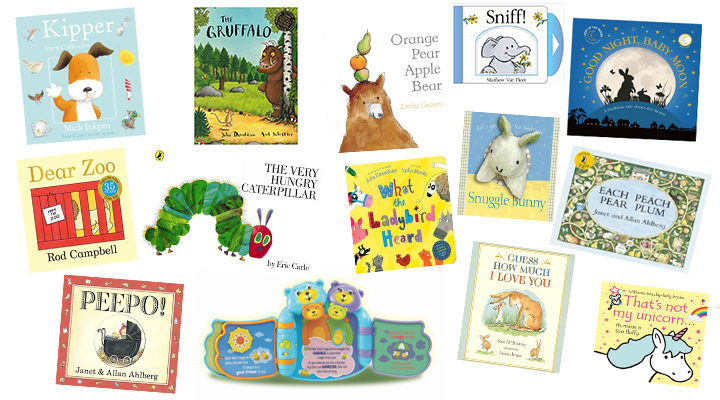Imagine walking into a museum shop, finding yourself in the second-hand book section, and setting your eye on a book that looks suspiciously like the one you had as a child. Looking inside the cover, you find your sister’s name written in the hieroglyphics you devised when you were young.
Zoe Andrews found herself in this extraordinarily nostalgic situation in the Museum of English Rural Life shop. She managed to re-home her childhood copy of The Secret Garden (Frances Hodgson Burnett) for ‘only a quid’.
This captivating tale of a mysterious garden and the healing powers of nature has been heralded as a children’s literary classic for many years. But what of children’s literature as a genre? In some ways, the stories we tell children are among the most important. The characters and behaviours that are put forward to us as right or wrong in the books we read as children have an unsurprising influence on the values we develop.
Many have argued that children’s literature is used as a form of indoctrination by those who want to manipulate the next generation; they perpetuate values of a time they wish to preserve. This can be seen with classics like Robinson Crusoe (Daniel Defoe). On the surface level, this survival story was given to young boys to read as a simple exhilarating and exciting adventure. But looking at this novel with a deeper understanding, giving it to lots of young boys puts forward the idea that all boys should strive for capitalism; a capitalism based on imperialism.
The concept of some books being only for boys and others only for girls also excludes ideas of individuality within children’s literature. It teaches children that the traditional swashbuckling often violent adventures can only be read by boys, and sensitive fairytales can only be enjoyed by girls. How do we expect children to grow up free from stereotypes and believing in equality if a diverse range of voices are not heard in the stories they are exposed to?
But is it fair to judge classic stories from a different period by our modern standards? The Secret Garden contains a lot of racist remarks about India, where the main protagonist Mary grew up as a white girl. The disturbing way a girl as young as 10 years old is using such abuse shows how important the effects of external factors, like children’s books, are in shaping a person’s views. Mary’s world view is clearly a product of her background. A Mary who had grown up in a society of equals would not have voiced such prejudice, and perhaps Colin’s character would not be hidden away due to his disability.
Should this classic therefore be removed from the canon of children’s literature? There are still morals to be taken from this classic and some truly beautiful moments, like the character arc Mary undergoes to become less spoilt. But children need to read this novel with an understanding that it was written in a different time, one where racism and disability prejudice were sadly accepted as the norm. It is up to older generations to make this distinction clear to younger readers, and to use this opportunity to make children aware that stories are written from different perspectives; often prejudiced ones. This active engagement with stories allows children to learn from them without being manipulated.
There are many writers who are combating these dividing stereotypes however, and creating children’s books from a diverse range of perspectives. For example, to name just a few, the subtle take on immigration and the idea of acceptance in A Bear Called Paddington (Michael Bond), the fiercely independent female protagonist of Lyra in Northern Lights (Philip Pullman), to the dog who dreams of dancing in a society where he’s not supposed to in Dog’s Don’t Do Ballet (Anna Kemp). Young and old alike should look to these stories for inspiration.
Photo Credit: MyBaba

